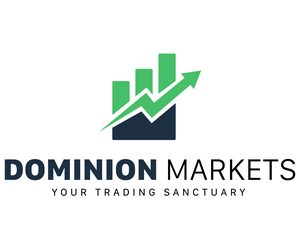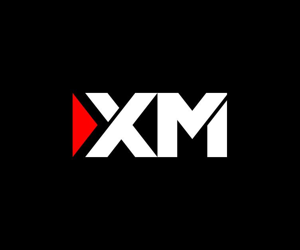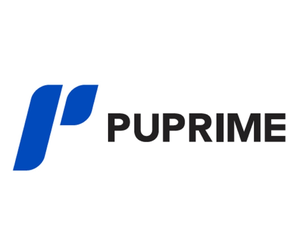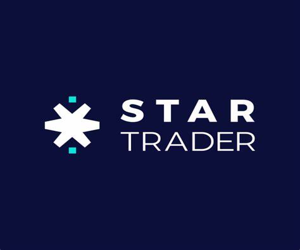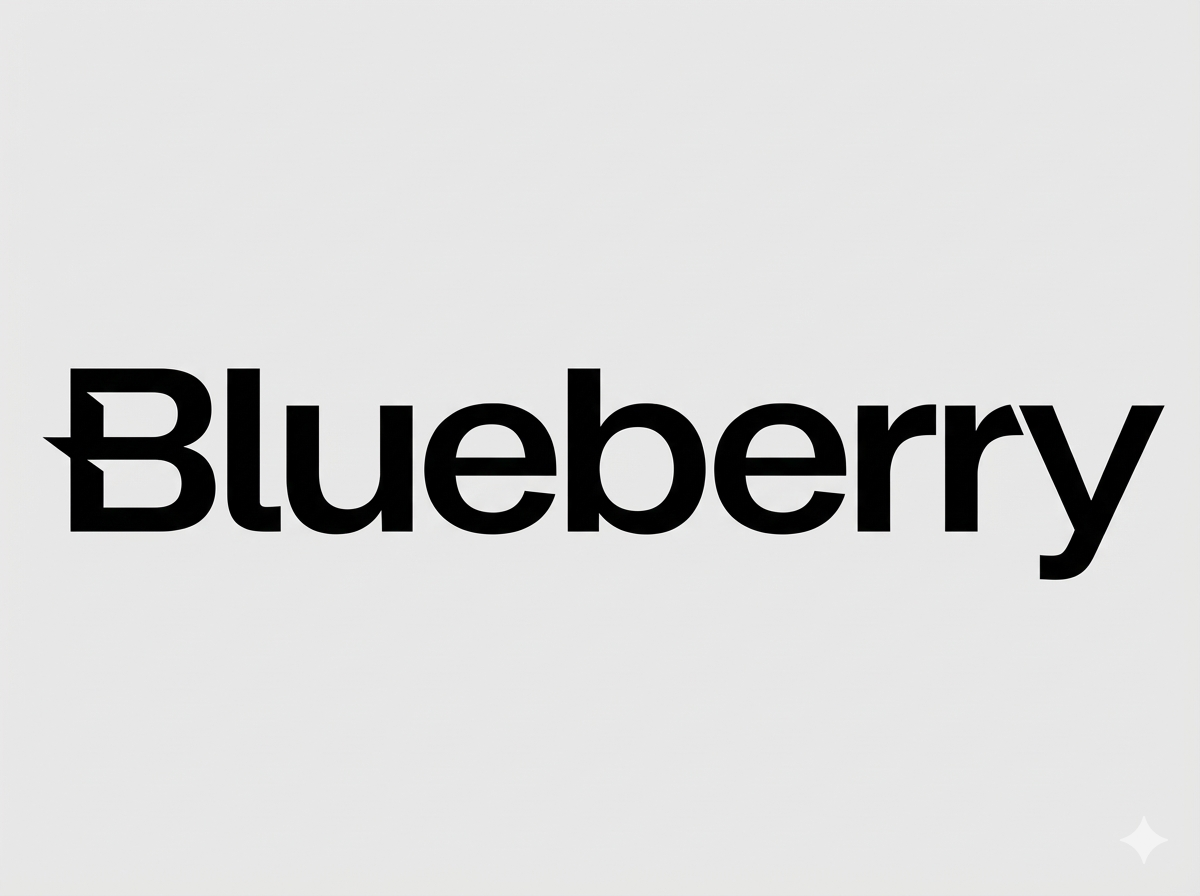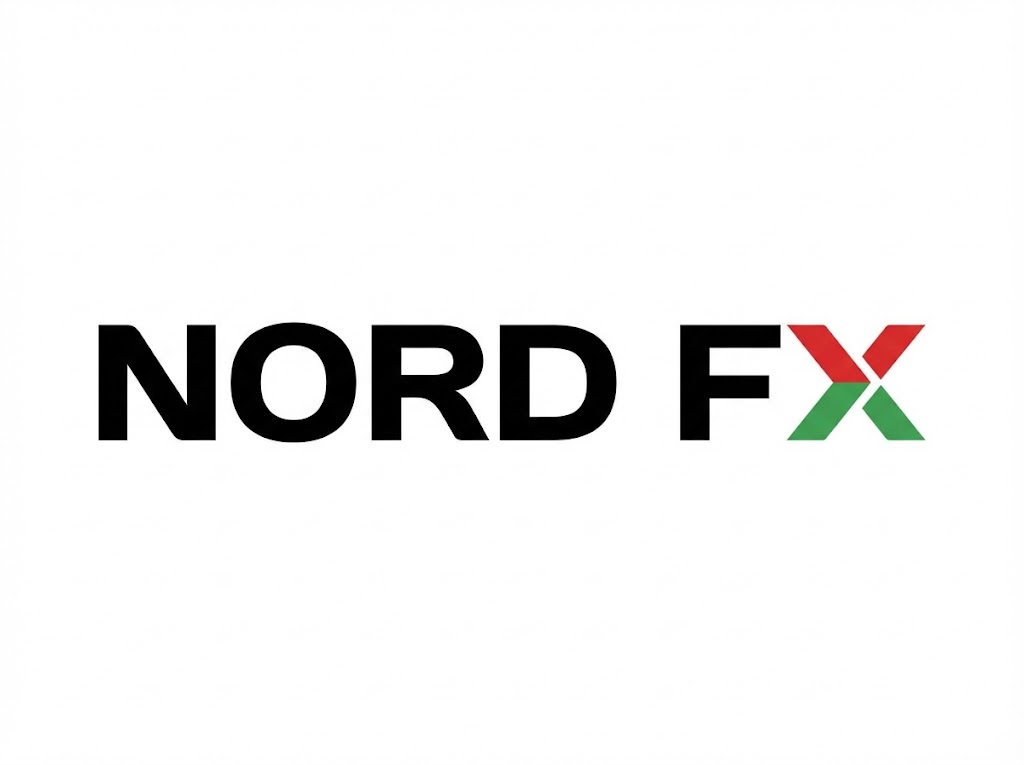Navigating the global forex market can feel overwhelming. Countless brokers compete for your attention, each promising superior technology and lower costs. For many new and casual investors, the challenge is separating genuine value from potential risk. This is where a clear, evidence-based review becomes essential. Today, we examine STARTRADER, a broker that has gained significant traction with a global audience.
This analysis goes beyond surface-level marketing claims. Instead, we apply a rigorous, data-driven approach to measure the broker’s true standing. We assess its regulatory framework, client feedback, and operational strengths to provide a clear verdict. The STARTRADER group is regulated across multiple jurisdictions, but a trader’s protection depends entirely on the specific entity they are onboarded with. This review focuses on the experience of international clients, who are often directed to its offshore entities.
After a thorough evaluation using the TraderVerified.com methodology, which prioritizes investor protection above all else, STARTRADER’s international offering earns a Bronze Standard rating. This classification signals a broker with competitive features but also highlights important trade-offs related to its regulatory environment that every potential client must understand.
This article will walk you through our findings. First, we will explore the broker’s complex regulatory structure and what it means for the safety of your funds. Next, we will analyze its market reputation by looking at real user experiences. Then, we will summarize its core strengths and weaknesses. Finally, we will deliver our overall verdict to help you decide if STARTRADER aligns with your trading goals and risk tolerance.
Regulation & Safety: A Tale of Two Tiers
A broker’s regulator is the single most important factor determining client safety. The STARTRADER group holds licenses in several jurisdictions, creating different levels of protection depending on where a client resides and which entity they register with. This is a critical distinction for any potential user.
The group’s regulated entities include:
- Tier 1 Regulators:
- Financial Conduct Authority (FCA) in the U.K. (License No. 821704)
- Australian Securities and Investments Commission (ASIC) in Australia (License No. 421210)
- Tier 2 Regulators:
- Financial Sector Conduct Authority (FSCA) in South Africa (License No. 52464)
- Financial Services Commission (FSC) in Mauritius (License No. GB24203371)
- Offshore Entities:
- STARTRADER Limited, regulated by the Financial Services Authority (FSA) of Seychelles (License No. SD049).
- STARTRADER LLC, registered as a limited liability company in St. Vincent and the Grenadines (Registration No. 228 LLC 2019).
What this means
Clients from the U.K. or Australia are typically onboarded through their local, top-tier regulated entities and receive robust protections, including access to national compensation schemes. However, for many international traders, access is provided through the offshore entities. The FSA in Seychelles is a Tier 3 regulator. While it provides a formal license, its oversight is far less strict than that of the FCA or ASIC. Furthermore, the entity in St. Vincent and the Grenadines is a registered company, not a licensed broker. The SVG Financial Services Authority has publicly clarified that it does not regulate forex brokers.
So, what does this mean for you? STARTRADER states it offers both segregated client funds and negative balance protection. These are essential safety features. However, it is crucial to understand that the enforcement of these protections and a client’s legal recourse differ materially across regulators. Under a Tier 1 regulator like the FCA, these protections are legally mandated and strictly enforced. Under a Tier 3 regulator like the Seychelles FSA, enforcement is less stringent, and traders have fewer options if a dispute arises. The high leverage offered (up to 1:500) is available through these offshore entities, underscoring the higher-risk environment.
Trader Reputation & Market Presence
A broker’s reputation is built over thousands of interactions with clients. To gauge this, we analyzed client reviews from multiple independent sources, alongside the broker’s public record. The feedback on STARTRADER paints a mixed but consistent picture.
On the positive side, many traders praise the broker for its competitive trading conditions. Recurring themes in positive reviews include:
- Low Spreads: Users frequently report that the spreads, especially on major currency pairs, are tight and compare favorably to other brokers.
- Fast Execution: Many clients highlight the speed of order execution, noting minimal slippage or requotes during normal market conditions.
- User-Friendly Platforms: STARTRADER offers the industry-standard MetaTrader 4 (MT4) and MetaTrader 5 (MT5) platforms, which are familiar and reliable for most traders.
However, there are also consistent criticisms that cannot be ignored. The most common complaints center on non-trading aspects of the service, particularly:
- Withdrawal Delays: While many users report smooth withdrawals, a significant number of negative reviews describe frustrating delays in processing withdrawal requests. These reports often mention extended waiting periods and difficulties getting clear answers from support.
- Customer Support: Some clients find customer service to be unresponsive or unhelpful when dealing with complex issues. This contrasts with other users who report positive support experiences, suggesting inconsistency in service quality.
The broker has built a notable presence in Southeast Asia and other emerging markets, where its high-leverage model is particularly appealing. Its marketing effectively targets traders looking for accessible, low-cost entry into the markets. Overall, its reputation suggests a functional trading environment but one where administrative processes can be a source of friction.
Strengths & Weaknesses
To provide a clear overview, here is a summary of STARTRADER’s primary advantages and disadvantages based on our comprehensive analysis.
Strengths
- Competitive Trading Costs: The broker offers raw spreads from 0.0 pips on its ECN account, combined with a competitive commission structure. This makes it an attractive option for cost-conscious traders.
- Accessible Entry: While the minimum deposit is not specified on the official accounts page, multiple third-party reviewers cite figures as low as $50, making it very accessible for new traders to get started with a small amount of capital.
- Standard Platform Offering: By providing MT4 and MT5, the broker ensures a stable and familiar trading experience for both new and experienced traders.
- Negative Balance Protection: The provision of negative balance protection is a crucial risk management feature that protects clients from debts owed to the broker.
Weaknesses
- Complex Regulatory Structure: For international clients, being onboarded through a Tier 3 regulated entity (Seychelles) means significantly weaker investor protections compared to the Tier 1 licenses the group holds elsewhere.
- Inconsistent Administrative Performance: Recurring client complaints about withdrawal delays and customer support suggest potential weaknesses in the company’s back-office operations.
- Lack of Educational Resources: The broker provides minimal educational content, making it less suitable for absolute beginners who require structured learning materials and market analysis.
Overall Verdict: A Broker for Risk-Tolerant Traders
After weighing its competitive trading conditions against the significant regulatory risks for international clients, STARTRADER’s offshore offering lands in our Bronze Standard category. It is a broker that successfully delivers on its promise of low-cost trading but does so by operating in a complex regulatory structure where protections vary dramatically.
Who is STARTRADER best suited for?
The offshore entities of this broker are most appropriate for experienced, price-sensitive traders who fully understand and accept the risks associated with a Tier 3 regulatory environment. These traders are typically drawn by the high leverage and low spreads and are confident in their own risk management strategies.
Who should be cautious?
Beginners and risk-averse investors should be cautious. The protections offered by Tier 1 regulators exist for a reason, and new traders benefit most from them. For these individuals, a broker that guarantees onboarding in a Tier 1 jurisdiction would be a much safer choice. For traders in the U.K. or Australia who are able to open an account with the locally regulated STARTRADER entity, the rating would be substantially higher.
In the competitive field of Bronze-rated brokers, STARTRADER stands out for its pricing. The fundamental choice for a potential international client is whether the benefits of its trading environment outweigh the absence of top-tier regulatory safeguards.
Expert Review Notes (Staff Insight)
- Strategic Use of a Multi-Entity Structure: Our analysis indicates STARTRADER’s business model leverages its multi-entity structure to competitively serve emerging markets. The offshore entities allow it to offer high leverage and low deposit requirements that are attractive in these regions but prohibited in Tier 1 jurisdictions.
- The Leverage-Accessibility Trade-Off: The combination of high leverage (up to 1:500) and a very low barrier to entry is a powerful marketing tool. However, this accessibility also exposes inexperienced traders to the potential for rapid and significant losses.
- Transparency and Execution: The broker claims an ECN/STP execution model but does not provide audited data on execution speed or slippage. This lack of verifiable transparency is common among offshore entities and prevents a full assessment of its execution quality.

